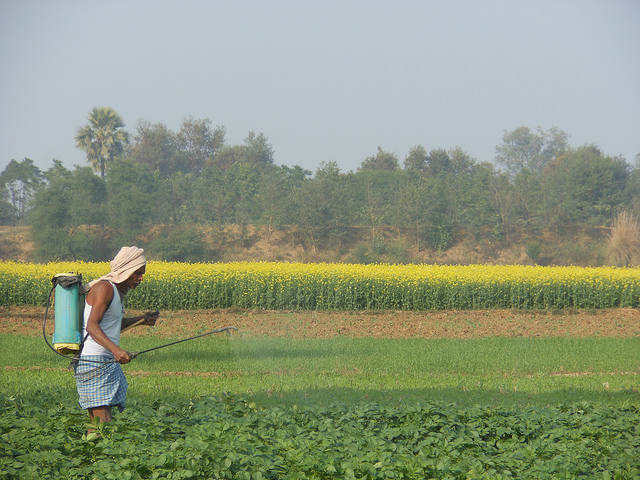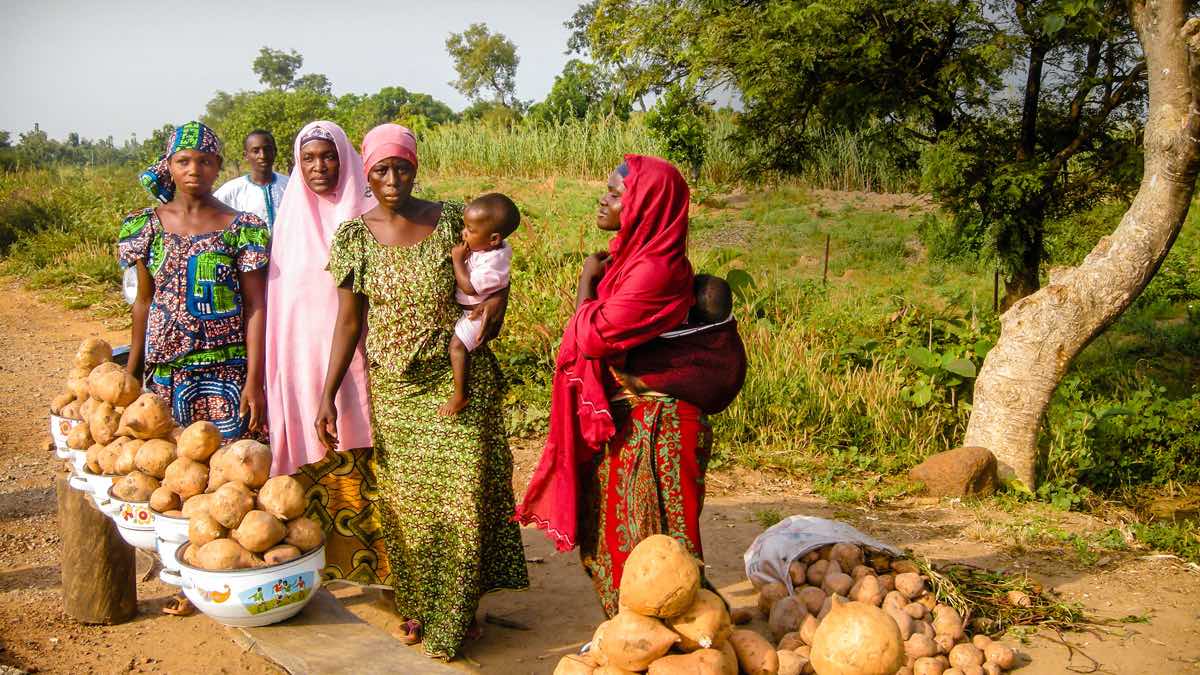The following story by IFPRI senior research assistant Vijay Nazareth was originally published on the IFPRI South Asia blog.
Think of what might happen in India’s risk-prone eastern states, such as Bihar, Jharkhand, and Odisha, if the country’s leading companies saw opportunities to invest in agriculture. Think of how innovative, low-cost technologies for planting, input management, harvesting, and post-harvest loss protection might improve productivity and resilience to climate change. Think of how smallholder farmers’ livelihoods and India’s food security would improve. Think of that potential and ask yourself why it isn’t happening as quickly as we want and which ideas could make it a reality.
These were the topics of discussion at the second installment of the private sector roundtable series hosted by IFPRI and the Cereal Systems for South Asia (CSISA) in New Delhi on December 8, 2014. Participants from some of India’s leading seed, machinery, agricultural inputs, and food processing companies sat down with public policy researchers, representatives from civil society, and several international donors to think about solutions to the challenge of deepening private sector engagement in the vulnerable and under-served markets of eastern India. Representatives from companies and organizations as diverse as ITC, DuPont Pioneer, Mahindra & Mahindra, Roquette Riddhi Siddhi, PRADAN, IDE India, and Science for Society lent their insights to the discussion.
Participants articulated a number of challenges to doing business in India’s eastern states: poor infrastructure, weak governance, limited market potential, and inadequate capacity on the ground to develop and scale solutions. On the other hand, they also recognized the potential for change with greater social entrepreneurship—that is, strategic partnerships between the private companies, local government, and civil society organizations—and a more supportive policy environment.
Critically, attendees acknowledged the need to bring these different groups together to develop a deeper and more strategic dialogue on how to take action. A consensus developed around the idea of establishing a problem-solving platform to help bring this about: namely, a unique industry association with a singular commitment to marshaling investment for the agricultural sector in India’s eastern states.
This kind of initiative opens the door for India’s leading private sector companies to play a broader and more strategic role in the country’s development. Although public programs and donor-funded projects such as CSISA can act as catalysts, it is clear that there is a need for greater collaboration between private sector companies. The future of smallholder farming in eastern India’s risk-prone areas will depend on it.
Related information







